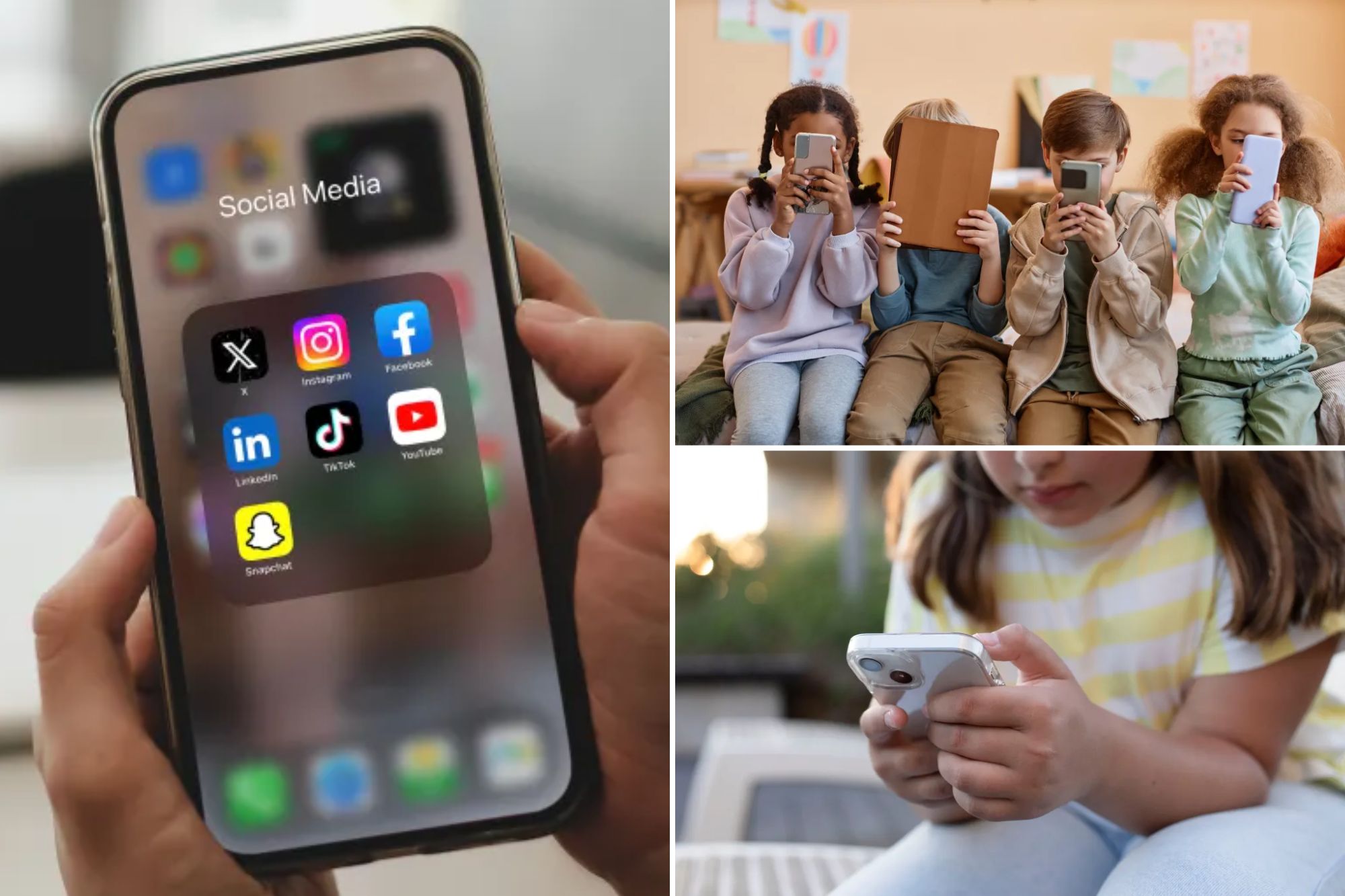A push in Texas to ban social media accounts for children under 18 were faded on Thursday after legislators did not have a key vote to create one of the harshest restrictions in the country to maintain minors of platforms such as Tiktok, Snapchat and Instagram.
The bill, which has already approved the GOP -controlled state house, aims to go beyond the prohibition of Florida’s social networks for children under 14.
Australia banned social media accounts for any children under the age of 16.
But the impulse prior to the Texas measure was slowed by the eleventh hour in the state Senate, as legislators face a weekend to send bills to the Republican governor Greg Abbott.
Abbott has not publicly said if he supported the proposed ban, which opposed technology trade groups and critics that called it an unconstitutional limit of free expression.
“This bill was the best way to protect children in this state,” said state representative Jared Patterson, a Republican who was carrying the measure.
The legislative session ends on Monday. This leaves a narrow path for the proposal that, if passed, would establish another test of state efforts to establish the limits on how and when children can access social media.
Many technology companies have set a presence in Texas, including X, owned by Elon Musk.
Earlier this week, Abbott signed a separate measure in the law that required Apple and Google to verify the age of online store users, as well as parents’ consent to download applications and make purchases for the application for users under 18.
Utah approved a similar bill earlier this year.
Texas’ proposed ban aimed at minors is the last measure in a growing bipartisan push at a national level to address the impacts of social media on the well -being of children.
Critics accuse platforms of using addictive features to attract children to their place and keep them there and not to slow enough to stop violent or inappropriate content in age or online abuse.
Almost half of North -American teenagers say they are online “constantly” despite concerns about the effects of social media and smartphones on their mental health, according to a December 2024 report published by the Pew Research Center.
The American Psychological Association has called on technology companies and legislators to protect the mental health of children, arguing that social media platforms are “especially risky” for young people who cannot disassociate with places and fight with impulse control.
States and countries have approved various measures to solve the problem and some have had legal problems.
A federal judge in 2024 temporarily blocked Utah’s First Nation Act, which required social media companies to check the ages of all users and put restrictions on the accounts belonging to minors.
California, which houses some of the largest technological companies in the world, will make it illegal for social media platforms to provide addictive sources for children without parental consent from 2027.
And the state of New York allows parents to prevent their children from receiving social media publications suggested by the algorithm of a platform.
#Texas #pushes #ban #minors #social #media #voting #time
Image Source : nypost.com
